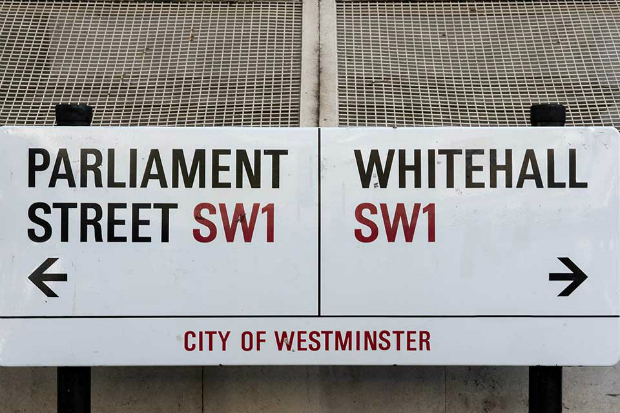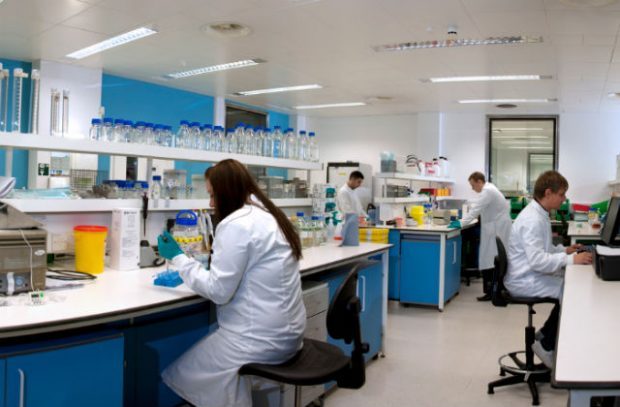
We would like to take this opportunity to spotlight a GVS profession colleague who, we are delighted to say, is currently on the Future Leaders Scheme! Francesca is a vet currently working for the Animal and Plant Health Agency (APHA) at Weybridge in zoonotic disease control. She successfully enrolled onto the Future Leaders Scheme in January 2019. Francesca has already attended her first of three residential courses at business school as part of the scheme and has been provided with a personal mentor. Francesca is lucky enough to have this senior level guidance from Deputy Chief Veterinary Officer, Graeme Cooke, who is providing her with leadership support and coaching. We have had the opportunity to put a few questions to her about her work as a government vet and her experiences of the Future Leaders Scheme.
1. Please give us a brief description of your career in government so far.
I started my career in government 11 years ago as a junior scientist at the Animal and Plant Health Agency. As a veterinarian with a PhD I have developed my career within the agency and now I lead a team of 35 people which produces applied research, outbreak investigation, and policy advice in the field of food safety and antimicrobial resistance.
2. What does your day to day role entail?
I spend a third of my time managing the team and the associated resources, a third doing research (leading projects, writing scientific publications), and a third in the field and providing advice on disease control to stakeholders.
3. What attracted you to becoming a government vet?
I like the opportunities to make a difference that working for the Civil Service offers. Working for Government allows me to apply my knowledge to practical problems in the livestock industry and to advise policy colleagues. I also enjoy making a positive effect on public health by contributing to the reduction and elimination of zoonotic disease in livestock.

4. How did you become aware of the Future Leaders Scheme?
My manager made me aware of the scheme and suggested I would be a good candidate. I did not know about the scheme and I was unsure if it was the right thing for me to do. However, I appreciated the confidence that was placed in me, learned more about it, and decided to give it a go!
5. What attracted you to the scheme in the first place and how do you hope it will shape your career?
I think the future leaders scheme is great to understand your strengths as a manager (as well as exploring your weaknesses!), and to get exposure to the wider Civil Service. It allowed me to meet many people from other departments and get an insight on their work. This exposure is really important to see the business from a different perspective, and I think it will make me more rounded in my current role and beyond.
6. What are the challenges you have faced so far on the scheme?
The scheme includes three residential courses and “formal” coaching sessions. Outside of these scheduled activities, it is up to individual participants to make the most out of the scheme. When I started, I was unsure on what I could do to complement these activities. I have since learned that being on the scheme opens a lot of doors (such as shadowing or mentoring) so there are many things that can be done with a bit of initiative.
7. Please tell us about one major thing you have learnt from your time so far in the scheme?
I have learnt that my doubts and insecurities about my role as a leader are common to the majority of the participants on the scheme. Many of us feel like “impostors”, and the programme is helping us to realise that this is normal and how to cope with it.
8. What happens once you have completed the scheme?
Again, it is very much up to individual participants. The scheme offers two years of training and possibilities – what you want to do with this is your own decision.
9. What advice would you give to a fellow member of the GVS profession if they are considering applying to the scheme?
Go for it. It will broaden your views and help you understand your strengths and weaknesses. Professionals are welcome on the scheme, and this training (which is a significant investment by your department) can only add to your knowledge and expertise and help you to become a more rounded vet working in government.
You can still apply for the scheme! See the leaflet for details.
Good Luck!
